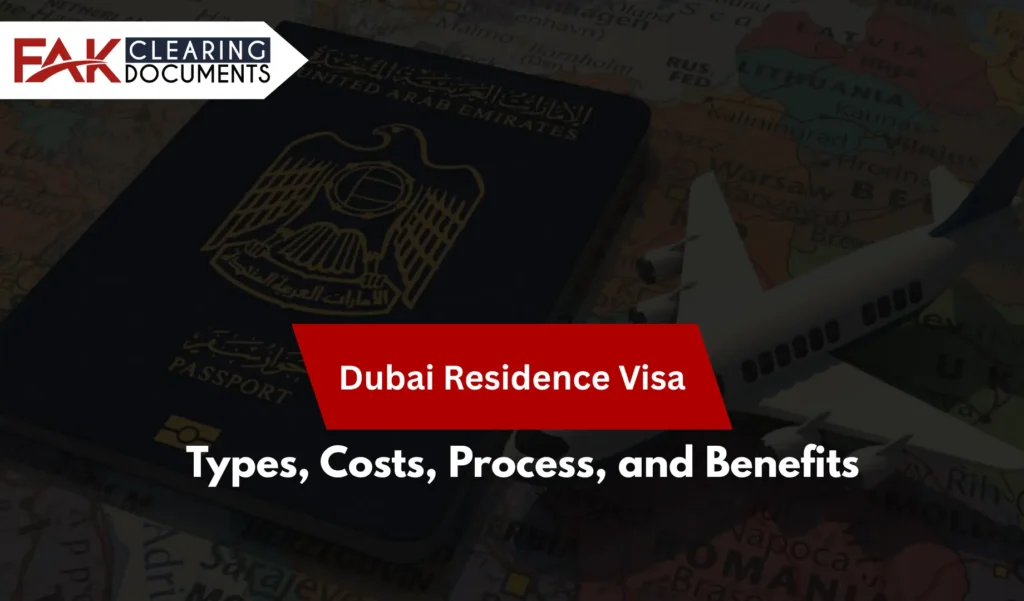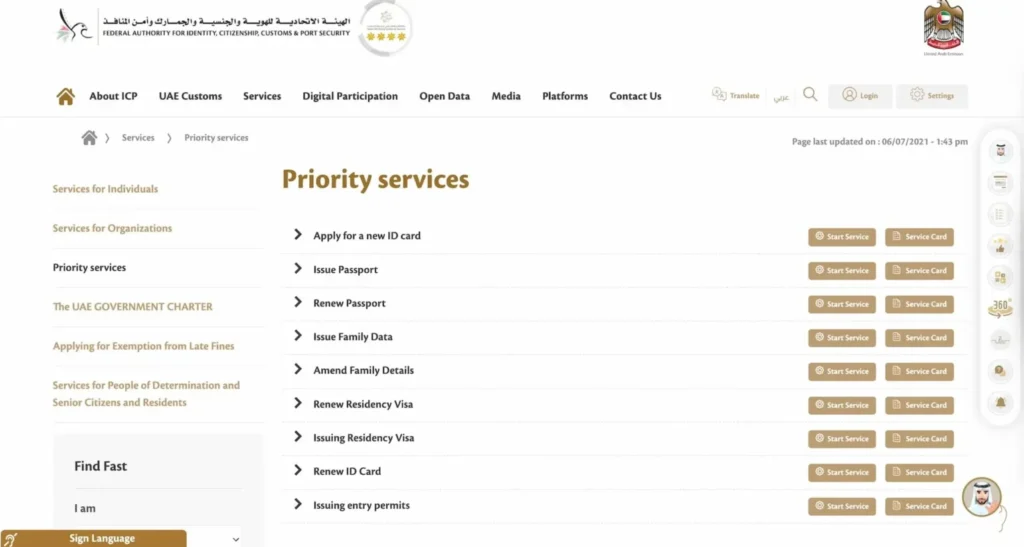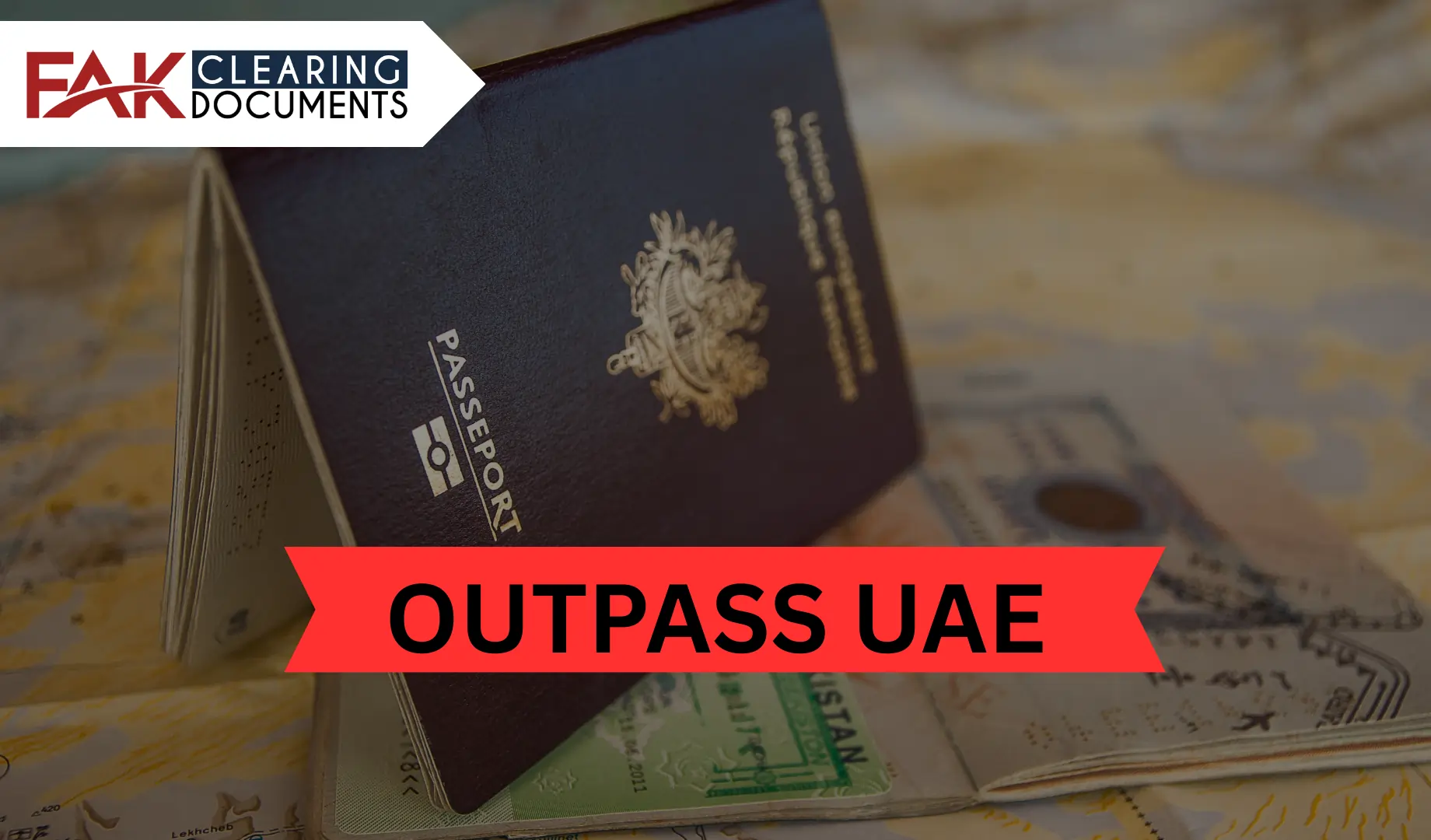dubai Residence Visa Guide 2025: Types, Costs, Process, and Benefits

Dubai Residence Visa seekers find the UAE an attractive destination due to its thriving economy, tax-free income, and world-class lifestyle. The UAE, particularly Dubai, offers a strategic hub for professionals, entrepreneurs, and families looking to establish long-term residency. With various visa types tailored to different needs, understanding the options and processes is key to a smooth application.
The UAE’s residency system has evolved, introducing flexible options like the Green Visa and Golden Visa, which cater to skilled professionals, investors, and retirees. A Dubai Residence Visa provides access to banking, healthcare, and the ability to sponsor family members, making it a gateway to a vibrant lifestyle. Whether you’re moving for work, study, or investment, this guide covers everything you need to know.
This comprehensive guide outlines the types, requirements, costs, and benefits of UAE residence visas in 2025. From application steps to renewal processes, we include expert insights to simplify your journey. With the help of a trusted document clearing service like FAK Services, securing a Dubai Residence Visa is more straightforward than ever.
Introduction to UAE Residence Visas
Why Choose the UAE for Residency?
The UAE’s appeal lies in its economic opportunities, safety, and global connectivity, making a Dubai Residence Visa highly sought after. Dubai’s tax-free environment, world-class infrastructure, and cosmopolitan culture attract expats worldwide. Its strategic location bridges East and West, ideal for business and trade.
What is a UAE Residence Visa?
A UAE residence visa grants legal residency for work, study, or investment, with Dubai being a prime destination. Unlike a visit visa, it’s linked to an Emirates ID, offering long-term stability. A Dubai Residence Visa ensures access to essential services like banking and healthcare.
Role of Sponsors in UAE Visas
Traditionally, UAE visas require a sponsor (employer, company, or citizen), but self-sponsorship options like the Green Visa have emerged. Sponsors handle legal responsibilities, ensuring compliance with UAE regulations. For a Dubai Residence Visa, understanding sponsorship is crucial for smooth processing.
Benefits of a UAE Residence Visa
A residence visa unlocks banking, driving licenses, and family sponsorship. It provides access to quality healthcare and education, enhancing your lifestyle. For those pursuing a Dubai Residence Visa, it offers stability and opportunities for business growth in a dynamic market.
Types of UAE Residence Visas and Eligibility
A Dubai Residence Visa offers diverse options to suit professionals, investors, students, and retirees. The UAE’s visa system includes traditional sponsored visas like Employment and Family Visas, alongside self-sponsored options like the Green and Golden Visas. Specialized visas, such as the Blue Visa for environmental contributors and the Dubai Gaming Visa for gaming professionals, cater to niche groups, ensuring flexibility for all.
Each visa type has specific eligibility criteria to meet UAE regulations. From valid job contracts for employment to significant investments for investor visas, requirements are tailored to ensure compliance and suitability. Below are the key visa types and their eligibility details, designed to help you choose the right Dubai Residence Visa.
Employment Visa
For employees sponsored by UAE-based companies. Eligibility: Valid job contract, employer’s license, age 18+.
Investor Visa
The investor visa is for individuals investing in UAE businesses or real estate. Requirements include a minimum investment amount—such as AED 2 million for the Golden Visa or AED 1 million for the Green Visa. This visa offers long-term residency options and is ideal for entrepreneurs and investors looking to establish a presence in the UAE.
Family Visa
For sponsoring spouse, children, parents, or domestic help. Eligibility: Sponsor’s income (e.g., AED 4,000+ or AED 3,000 with accommodation).
Student Visa
For students enrolled in UAE educational institutions. Requirements: University acceptance, financial proof
Retirement Visa
For retirees aged 55+ with financial stability. Eligibility: Property ownership (AED 1M+), savings (AED 1M+), or income (AED 20,000/month).
Business Visa
For entrepreneurs setting up or running a business. Requirements: Business license, proof of entrepreneurial experience.
Green Visa
Self-sponsored visa for skilled professionals, freelancers, or investors. Eligibility: Bachelor’s degree, AED 360,000 income over 2 years, or AED 1M investment.
Golden Visa
Long-term residency (5 or 10 years) for investors, entrepreneurs, and talent. Eligibility: AED 2M investment, approved business idea, or exceptional achievements.
Blue Visa
10-year residency for environmental sustainability contributors. Eligibility: Portfolio of activism, research, or conservation work.
Dubai Gaming Visa
For gaming industry professionals (developers, esports athletes). Requirements: Portfolio, contribution plan, age 25+.
General Eligibility Requirements
Valid passport (6+ months), medical fitness, and financial proof. Specific criteria based on visa type.
Documents Required for UAE Residence Visa
Securing a UAE residence visa requires a valid passport (6+ months), passport-size photos, a completed application form, and a medical fitness certificate. Type-specific documents, like job contracts for employment visas or investment proof for investor visas, are essential. Additional requirements may include bank statements, attested degrees, or Emirates ID application receipts.
Step-by-Step Process to Obtain a UAE Residence Visa
To obtain a UAE residence visa, start by determining eligibility and visa type, then secure a sponsor if needed. Apply for an entry permit via ICP or GDRFA, undergo medical tests, and submit the final visa application. Once approved, collect your Emirates ID, which links to your residency status.

UAE Residence Visa Costs in 2025
Costs for a UAE residence visa vary by type and duration. Standard fees range from AED 3,500–5,500 for 2-3 years, with entry permits costing AED 500–1,150. Investor and Retirement Visas may cost AED 3,500–5,000, plus medical tests (AED 300–500) and Emirates ID fees (AED 100–370). Variable charges depend on emirate and processing speed.
UAE Residence Visa Renewal in 2025
Renewing a UAE residence visa requires updated documents and fees (AED 3,500–5,500) before expiry to avoid fines (AED 25/day). The process involves submitting documents via ICP/GDRFA and medical tests if required. Timely renewal ensures continued legal residency and access to services.
Key Differences: Entry Permit vs. Residence Visa
An entry permit allows temporary stay (1–6 months) for visa processing, while a residence visa grants long-term residency (1–10 years) with Emirates ID. Entry permits are non-renewable, designed for initial entry, whereas residence visas support work, study, or business with renewal options.
Benefits of Holding a UAE Residence Visa
- Open a Bank Account: Access multi-currency accounts and financial privacy.
- Access Financial Services: Secure loans and investments without restrictions.
- Obtain a UAE Driving License: Convert foreign licenses easily.
- Access Quality Healthcare and Education: Benefit from world-class facilities.
- Sponsor Family and Domestic Help: Include spouse, children, and workers.
- Business Opportunities: Enjoy 100% ownership in free zones and Esaad discounts.
FAQS
Q1. What is the cheapest Dubai Residence Visa?
+Employment or family residence visas in Dubai typically cost AED 3,500 to AED 5,500, depending on duration and sponsor type.
Q2. Can I travel outside while my visa is processing?
+Yes, if you have a valid entry permit. However, it’s best to confirm with immigration or your visa service provider before traveling.
Q3. What is the processing time for a UAE residence visa?
+The processing time for a UAE residence visa is usually 2 to 4 weeks, depending on the emirate and visa type.
Q4. What are the visa renewal fees in 2025?
+Visa renewal fees range from AED 3,500 to AED 5,500 in 2025, plus additional costs for medical tests and Emirates ID renewal.
Q5. What is the family residence visa cost?
+The cost of a family residence visa in the UAE is typically AED 3,500 to AED 5,500, depending on the length of stay and emirate of application.


